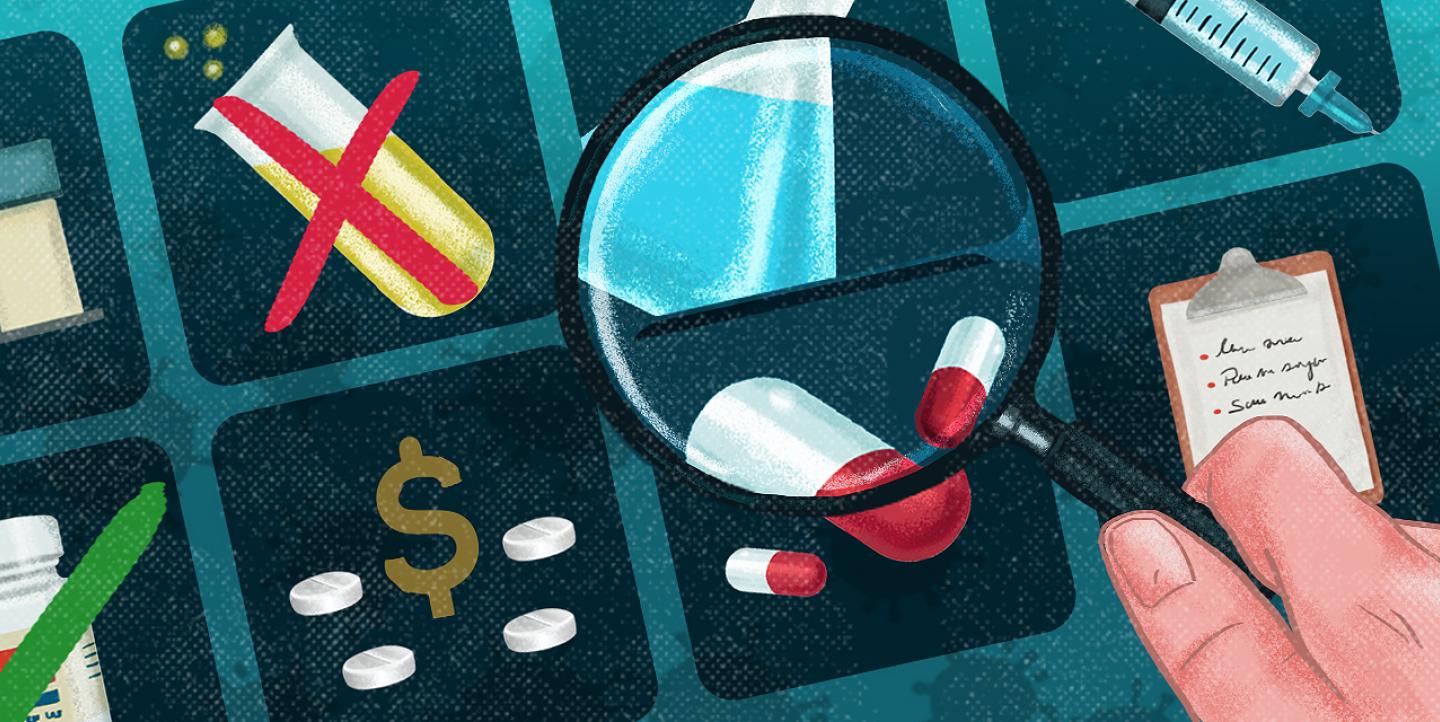From bogus Facebook videos on stroke care to faulty studies of vaccines, there is an epidemic of misinformation around health news. I believe good journalism is the cure.
That’s why I’ve launched Salud con Lupa (“Health Under the Magnifying Glass”), a platform for Latin American journalists and health experts to work together to improve the quality of information about public health.
One of our first steps toward achieving this goal is educating journalists and the public about how to identify false health news. Here are some red flags to watch out for:
Unsubstantiated claims
The easiest way to spot bad health journalism is when an article makes unsubstantiated claims. For example, phrases like "doctors cannot explain it, but..." or "a scientific study shows," followed by no specific details of the type of study or limitations of the research should immediately set off red flags.
Stories about “magic health cures” often fall into this category. Be wary of any article that tells you a new treatment worked on someone without providing any supporting evidence. New medicines and therapies undergo rigorous research and testing before they reach the market. There should be success testimonials from many patients — not just one or two — and documentation of the possible side effects.
Lack of reliable sources
A trustworthy article should contain information from multiple sources, and it’s important to confirm that they are reliable. Common reliable sources for health news include: a specialized journal, an official, government publication or a report from a non-governmental organization. Be careful if the information comes from a website that does not identify its authors.
Experts’ conflicts of interest
Articles on public health and medicine often include opinions from experts who are interviewed to corroborate an argument, confirm the interpretation of data or provide context. This is why it is important to cross-check the reputation of the experts cited. If experts have conflicts of interest related to the subject matter, it should be disclosed in the text.
Overhyped cures
Every day, dozens of articles tout medical advances and top-of-the-line pharmaceuticals. More often than not, these stories offer the hope of finding something that will perform better than conventional medicine. They are not reliable, however, if they are not transparent about the scientific evidence, state what other experts say, or discuss what limitations still exist.
The “superfoods”
Capsules of chia seeds, moringa, collagen powder and a range of other products are marketed in supermarkets and health food stores as “superfoods.” In some cases, it’s true that these foods can help cure or prevent chronic diseases, but often the claims are overstated and not scientifically verified. Check the research before reporting about these foods.
Amateur websites
It has become common for anyone to create blogs, YouTube channels and websites to promote a drug or therapy. However, many of these sites do not mention their sponsors, or show scientific evidence of what they claim to be true. In these cases, the information should not be trusted.
Fabiola Torres is an ICFJ Knight Fellow. If you’re interested in learning more about Salud con Lupa or partnering with the new network on projects, please email info@saludconlupa.com.
This post was originally published on Salud con Lupa. It has been edited for clarity and republished on IJNet with permission.
Main image credit goes to Salud con Lupa / Jugo Gástrico.

